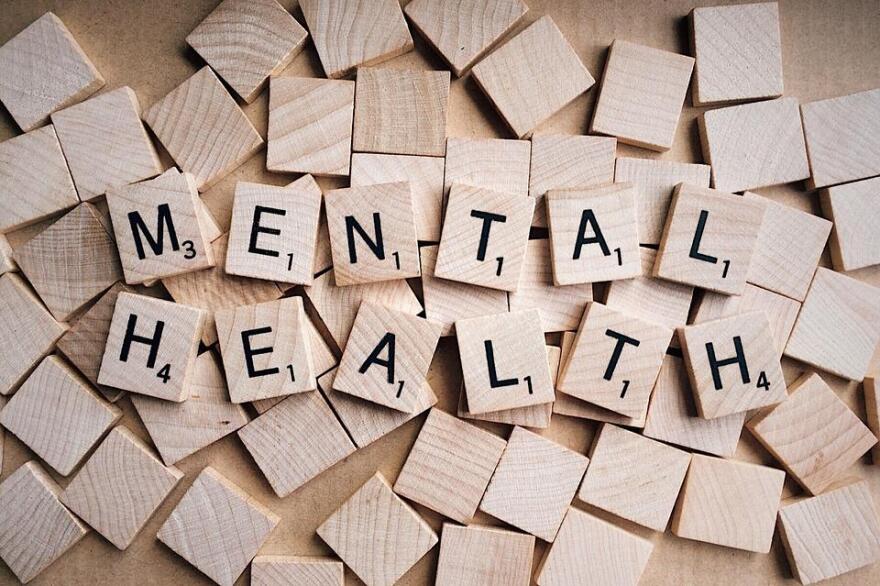Right now, concerns over the spread of the coronavirus are dominating the news. But in recent years, lawmakers in Florida — and nationwide — have increasingly focused on mental health and its impact on overall health.
According to federal health officials, one in four American adults suffer from a diagnosable mental disorder in a given year. And it’s not uncommon for a person with a serious mental illness who acts out in public to get a prison sentence instead of treatment.
That’s what hapened to former Washington Post reporter Pete Earley's son Kevin, who suffered a manic episode during his senior year of college.
“My son was arrested because he broke into a stranger's house. Luckily, no one was there. He broke in to take a bubble bath,” says Earley.
After Kevin's arrest, Earley researched how the criminal justice system deals with mentally ill people — a story told in his 2007 book “Crazy: A Father’s Search Through America’s Mental Health Madness.”
His journey took him from his home in Fairfax County, Virginia to Miami-Dade County’s main jail, after attempts to visit other cities’ jail systems fell flat.
“I had tried L.A. and lasted two days before they threw me out of the jail, claiming I was violating HIPAA,” says Earley “I tried Chicago. They said ‘No.’ Rikers Island said ‘No.’ Baltimore said ‘No.’ And Washington -- they said, ‘Hell, no’.”
Earley went to Miami at the invitation of Miami-Dade County Judge Steven Leifman, who would go on to create the county’s Criminal Mental Health Project, a program designed to divert people with serious mental illnesses away from jail and into community-based treatment and support services.
Pete Earley is coming back to South Florida this weekend for a fundraiser to benefit the Key Clubhouse of South Florida. The ‘clubhouse’ model has been steadily gaining popularity worldwide as an alternative to conventional treatments for severely mentally ill people; it offers a path to recovery called “psychosocial rehabilitation.”
“It offers people who feel alone — who feel that no one understands them — a social connection,” says Earley. “It helps them get jobs. It helps them learn skills. It can provide all the services that someone needs to get that step up to help them become productive members of society.”
WLRN depends on donors to remain South Florida’s leading nonprofit, most trusted source of news and information. Support our mission by giving monthly as a sustaining member of Friends of WLRN or make a one-time donation of your choice. Thank you. Click here to give.






